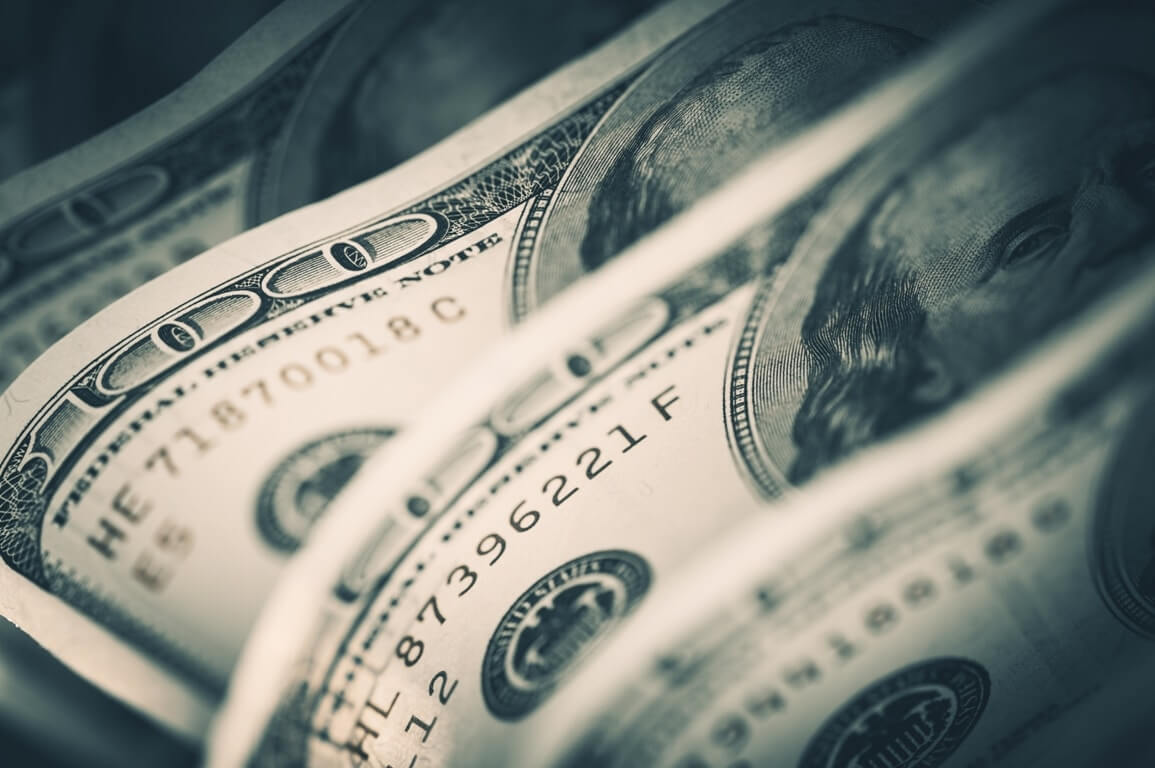
U.S. dollar skyrocketed to a three-month high on Thursday
The U.S. dollar rallied to a three-month peak today. Fed Chair Jerome Powell announced that the agency would continue hiking rates, maybe going even higher than previously and at a faster pace. This news bolstered the greenback. The U.S. dollar index declined by 0.05% to 105.57 later in the session. Despite that, it still exchanged hands near a three-month high of 105.88 reached the day earlier.
On Wednesday, Powell started his much-anticipated message to Congress. Today, he reiterated his initial message with a more cautious tone, though. According to the Fed Chair, the central bank’s future policy depends on the new data. Such a change in his narrative prompted investors to pause the dollar’s rally.
Consequently, the currency dropped from an almost three-month high level it maintained against the Japanese yen. Overall, it plummeted by 0.6%, trading at 136.55 yen at last.
Thierry Wizman, Macquarie’s rates and global FX strategist, stated that Powell admitted that the new policy decision depends on fresh data. The latter will show whether January’s robust economic growth was short-termed or not.
In recent weeks, various U.S. economic data showed that the country was flourishing. However, some of it also pointed to persisting inflation. That’s what prompted the Fed to announce incoming rate increases.
According to Fed funds futures, there’s a 70% chance the agency will hike its rates by 50 bps in March. That percentage is higher by almost 9% compared to the reading from a month ago.
How are the euro and sterling trading today?
The common currency remained flat on Thursday, but it climbed from its multi-month lows. The euro exchanged hands at $1.0555 at last. Meanwhile, the British pound traded at $1.1845.
The Canadian dollar plummeted to a nearly five-month low today, trading at 1.3795 per USD. Meantime, the Aussie dollar remained under pressure. Still, it managed to climb up by 0.3% at $0.6612. On Wednesday, Reserve Bank of Australia Governor Philip Lowe stated that the RBA was closer to pausing its tightening policy. He hinted that the end of it might come in April.
In Asia, the Chinese yuan tumbled down. New data showed that in February, the annual consumer price inflation slowed the most in a year. This news caused investors to question the economic recovery’s strength in China. As a result, the offshore yuan dropped by 0.2% to 6.9803.
On the other hand, EM currencies soared. The Philippine peso and Indian rupee gained after ending the previous session in the red.




